Banyam's Challenges
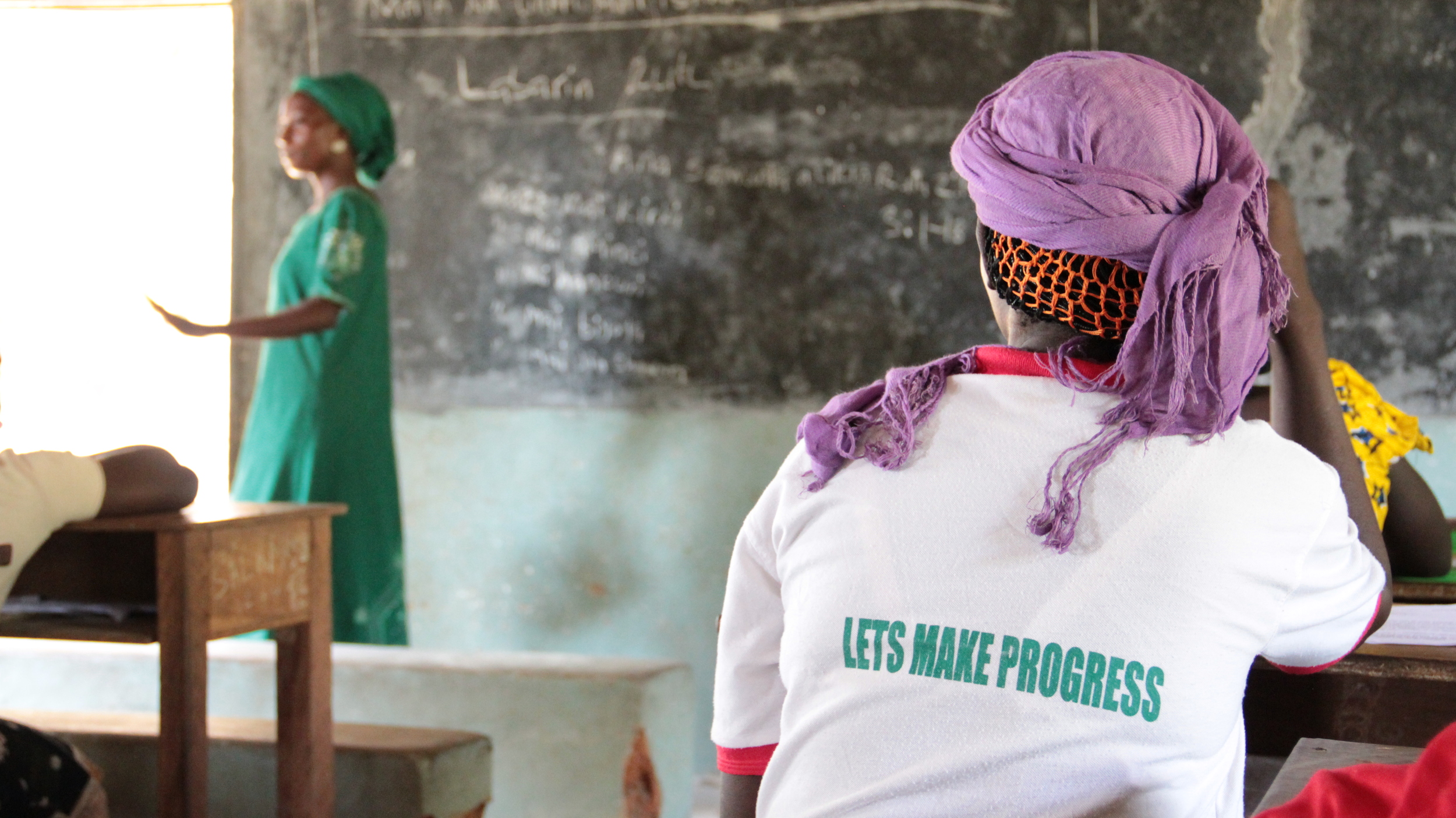
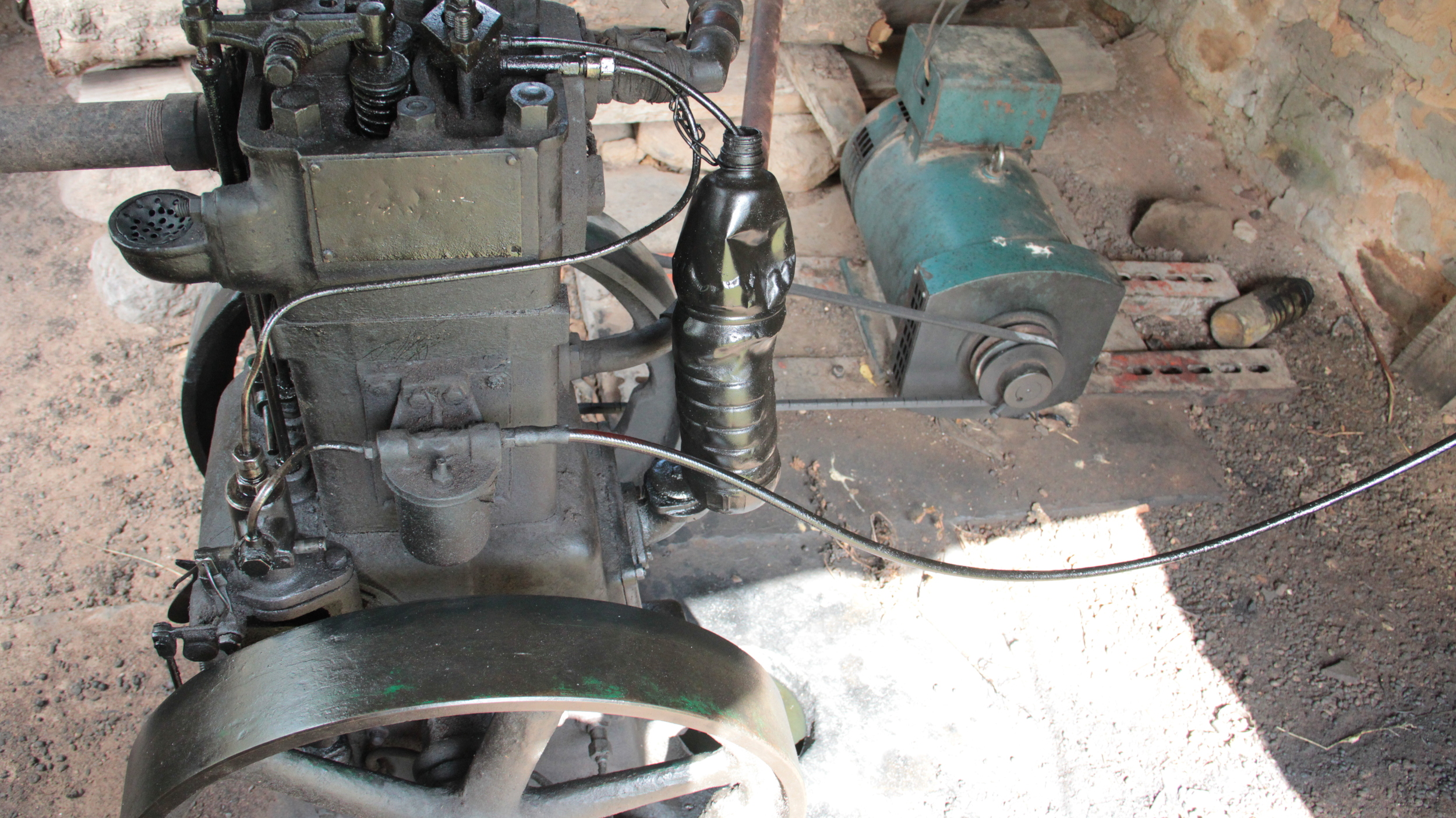
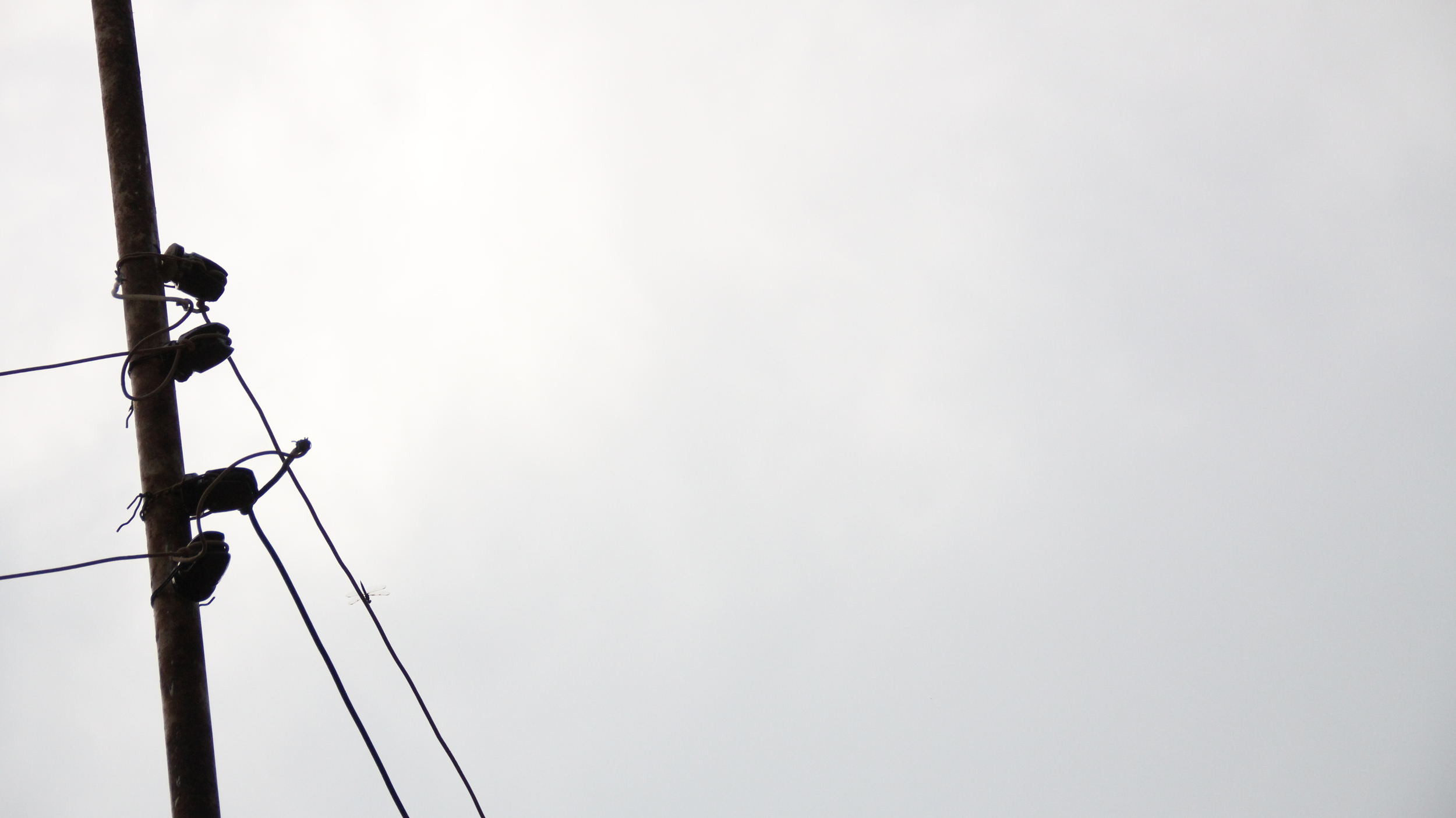

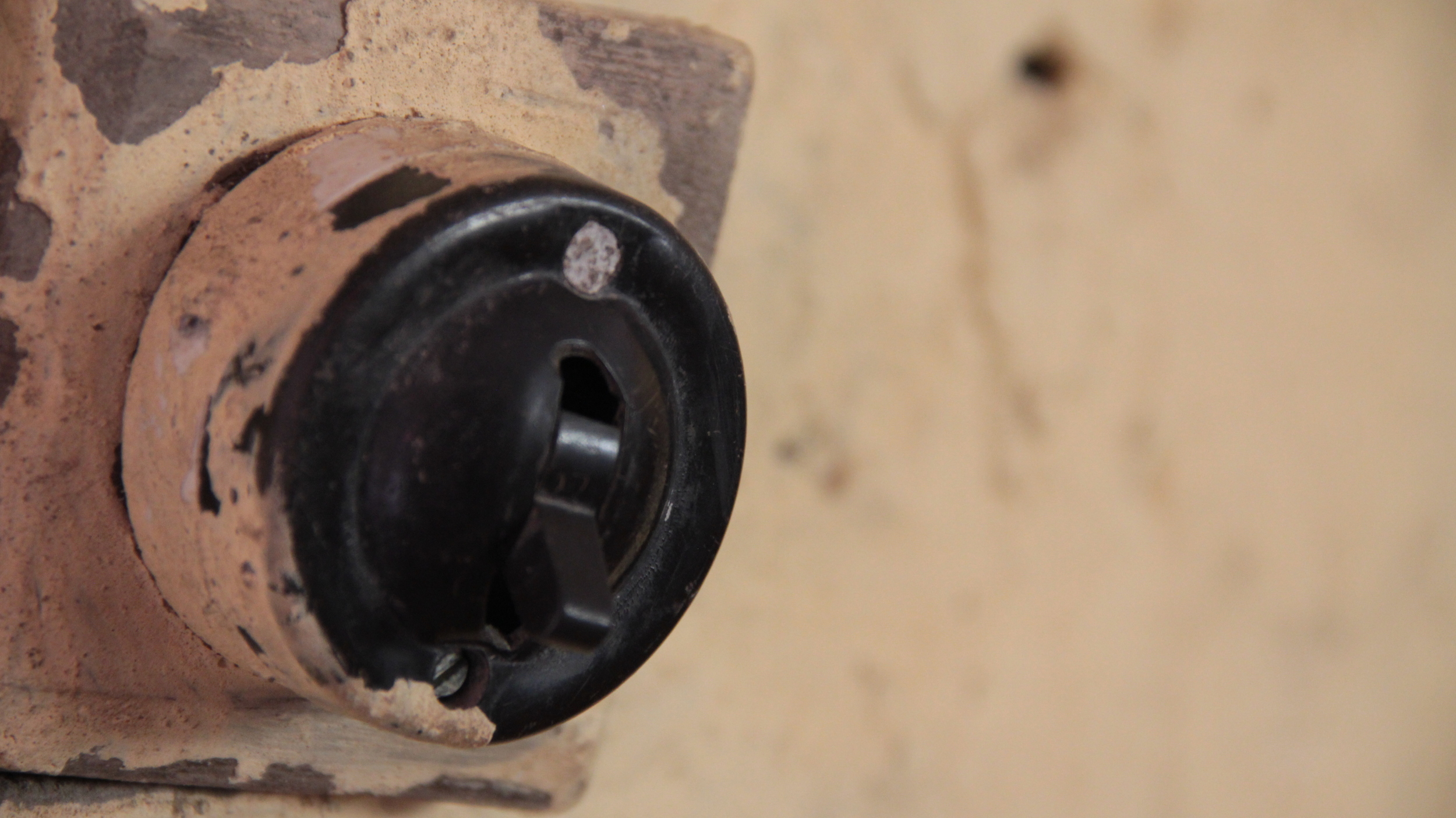
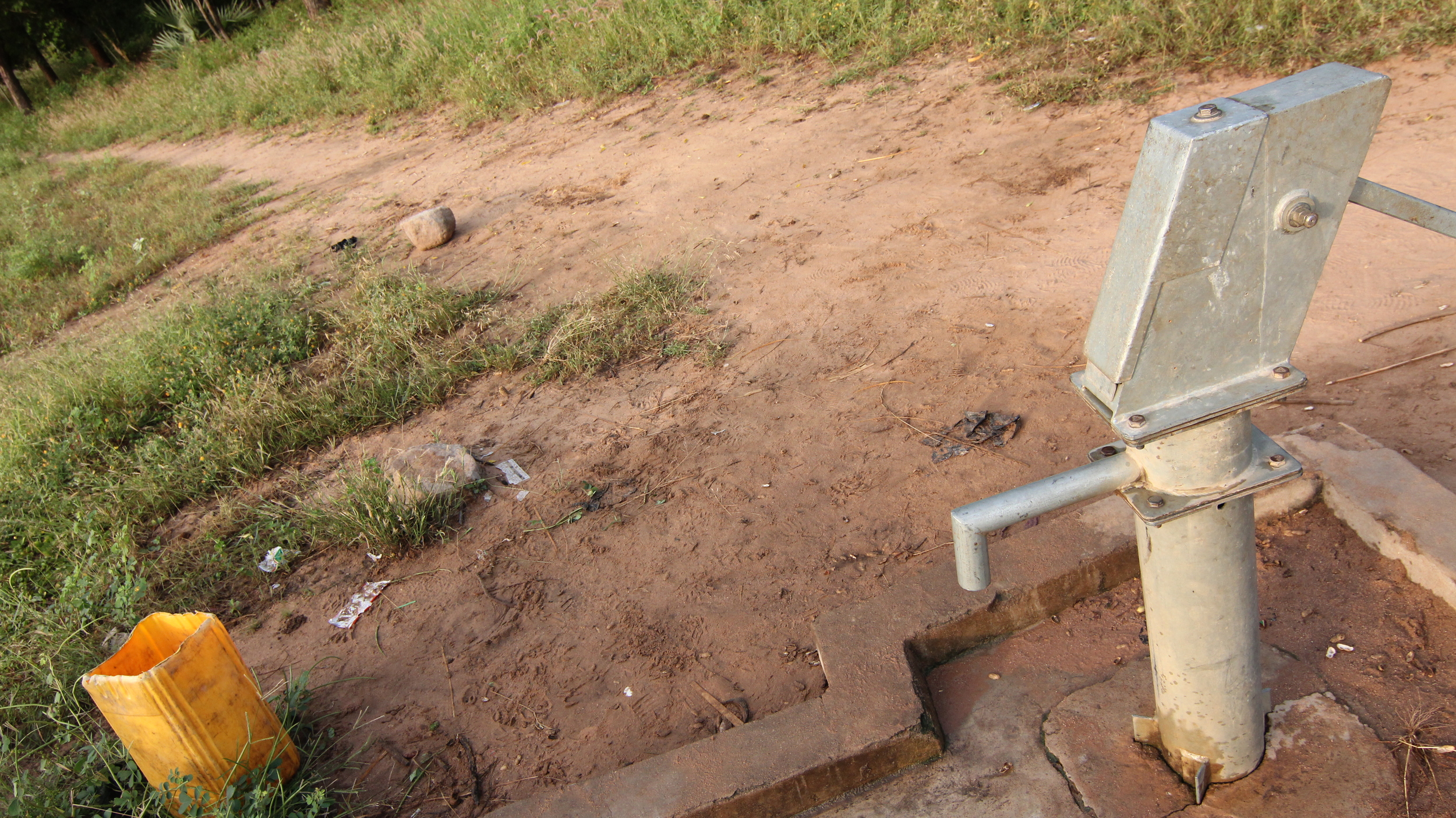

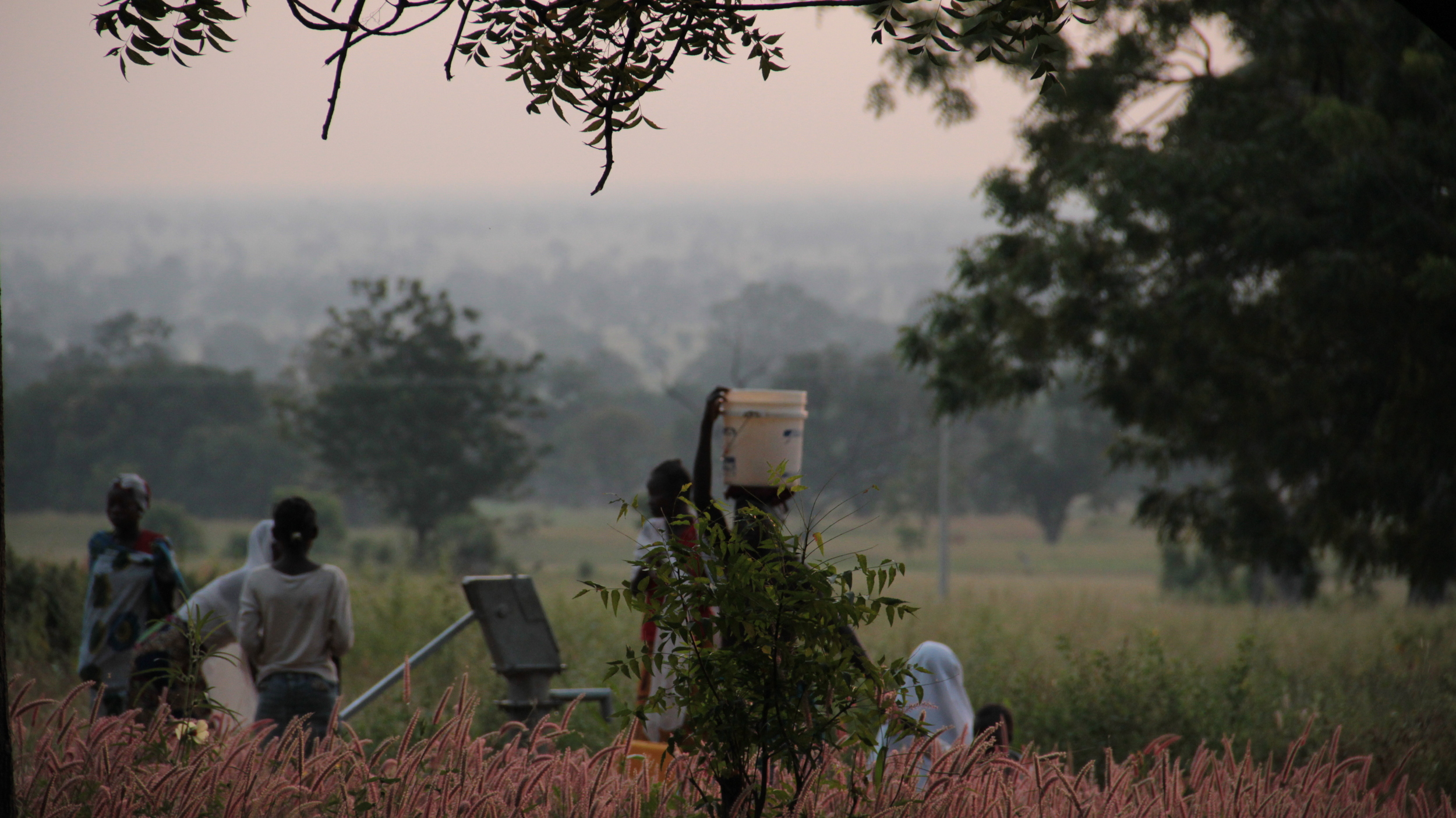

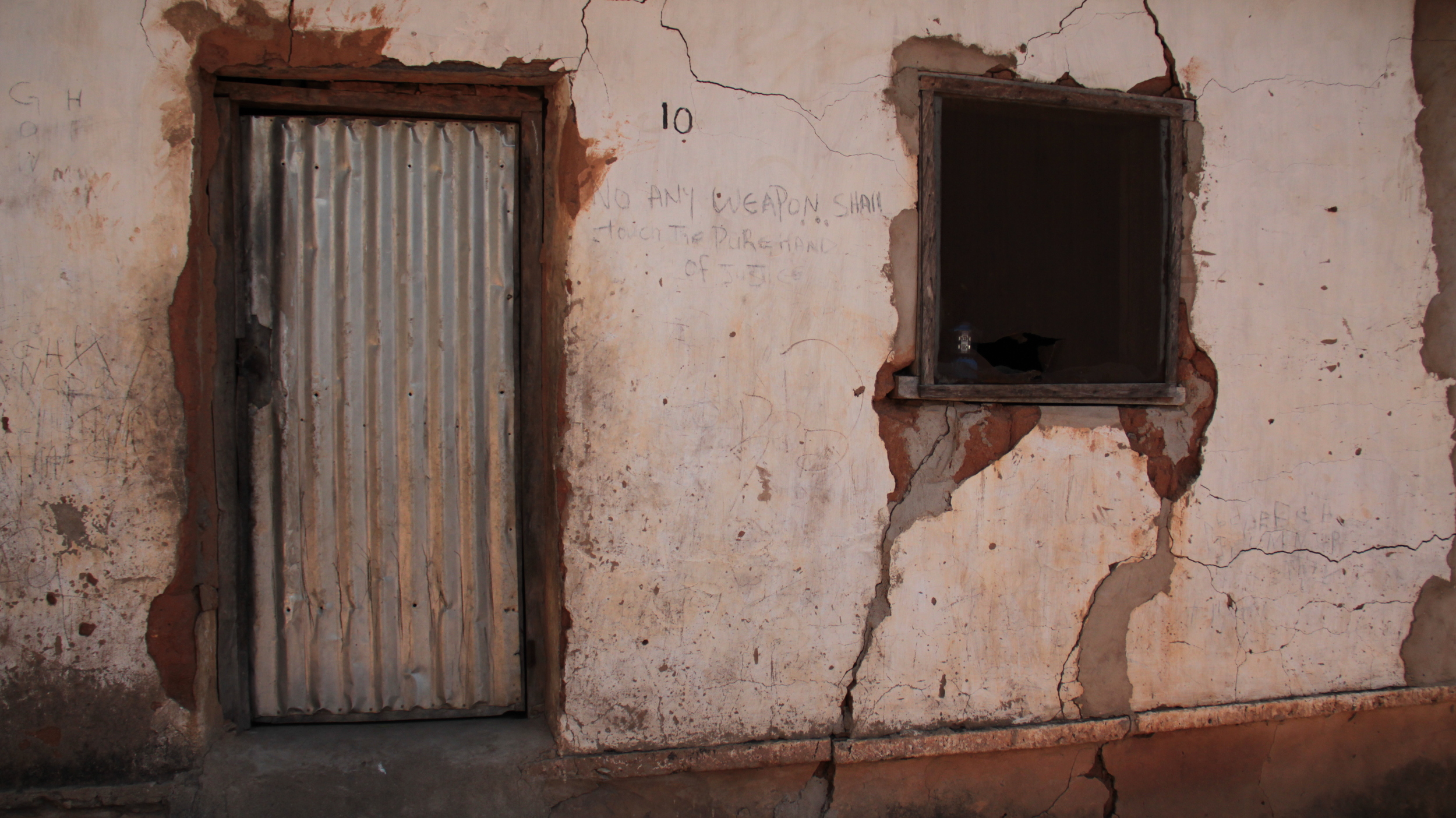
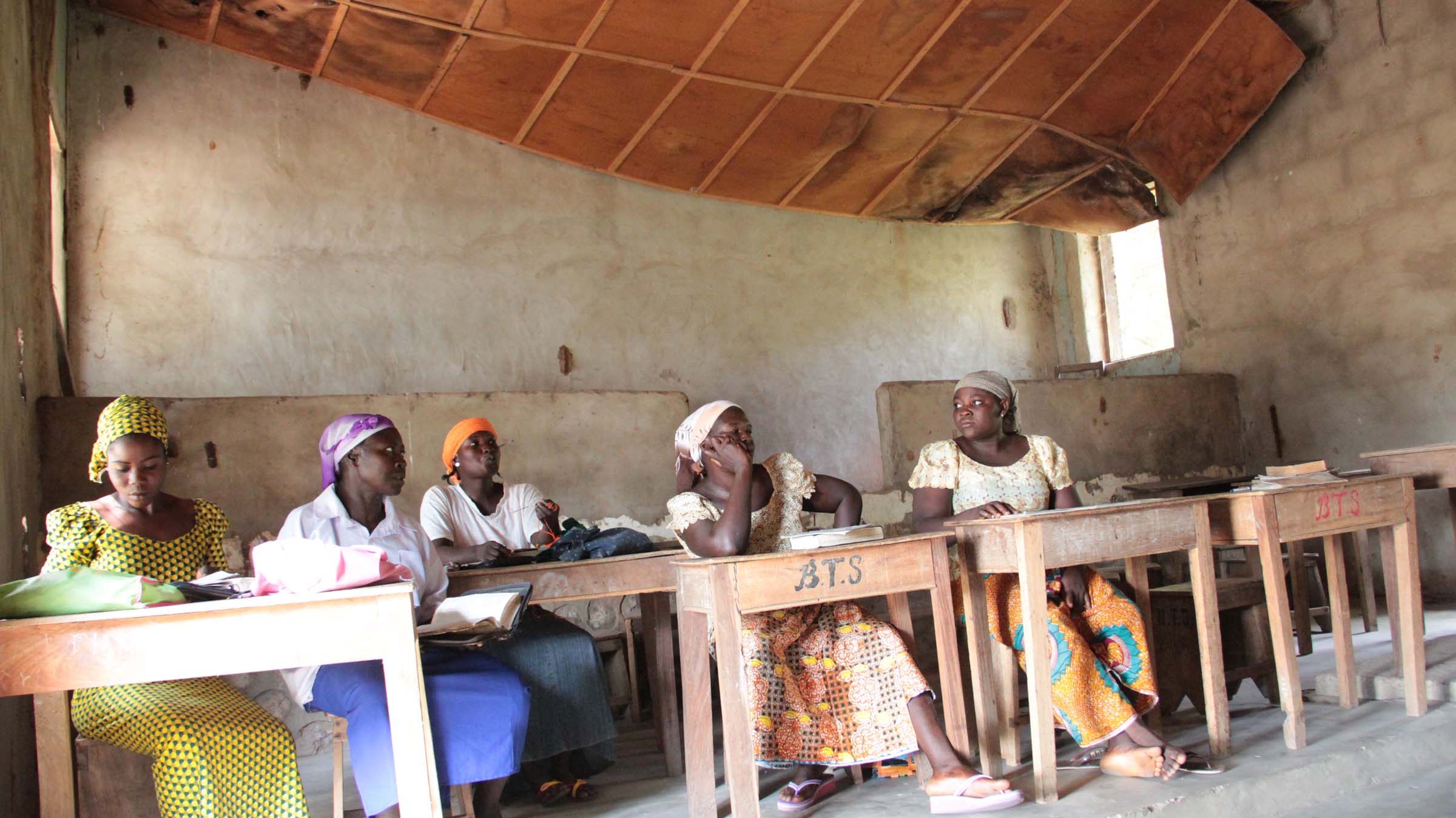
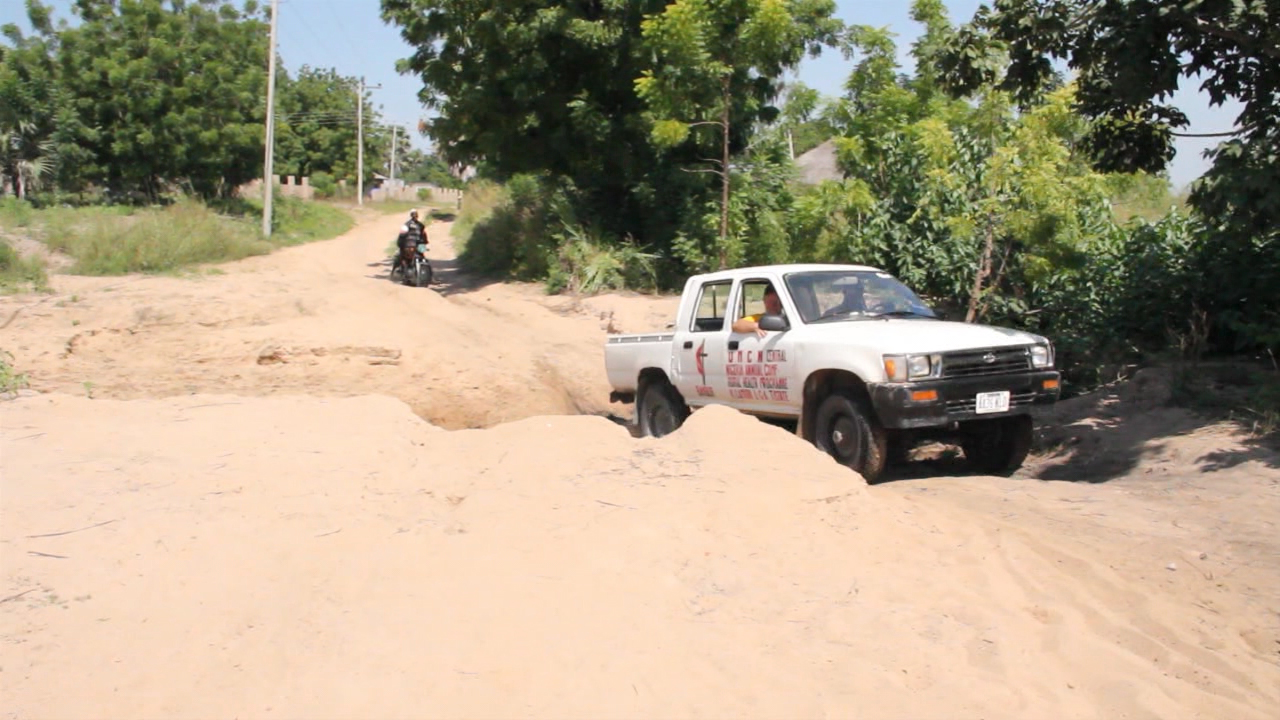
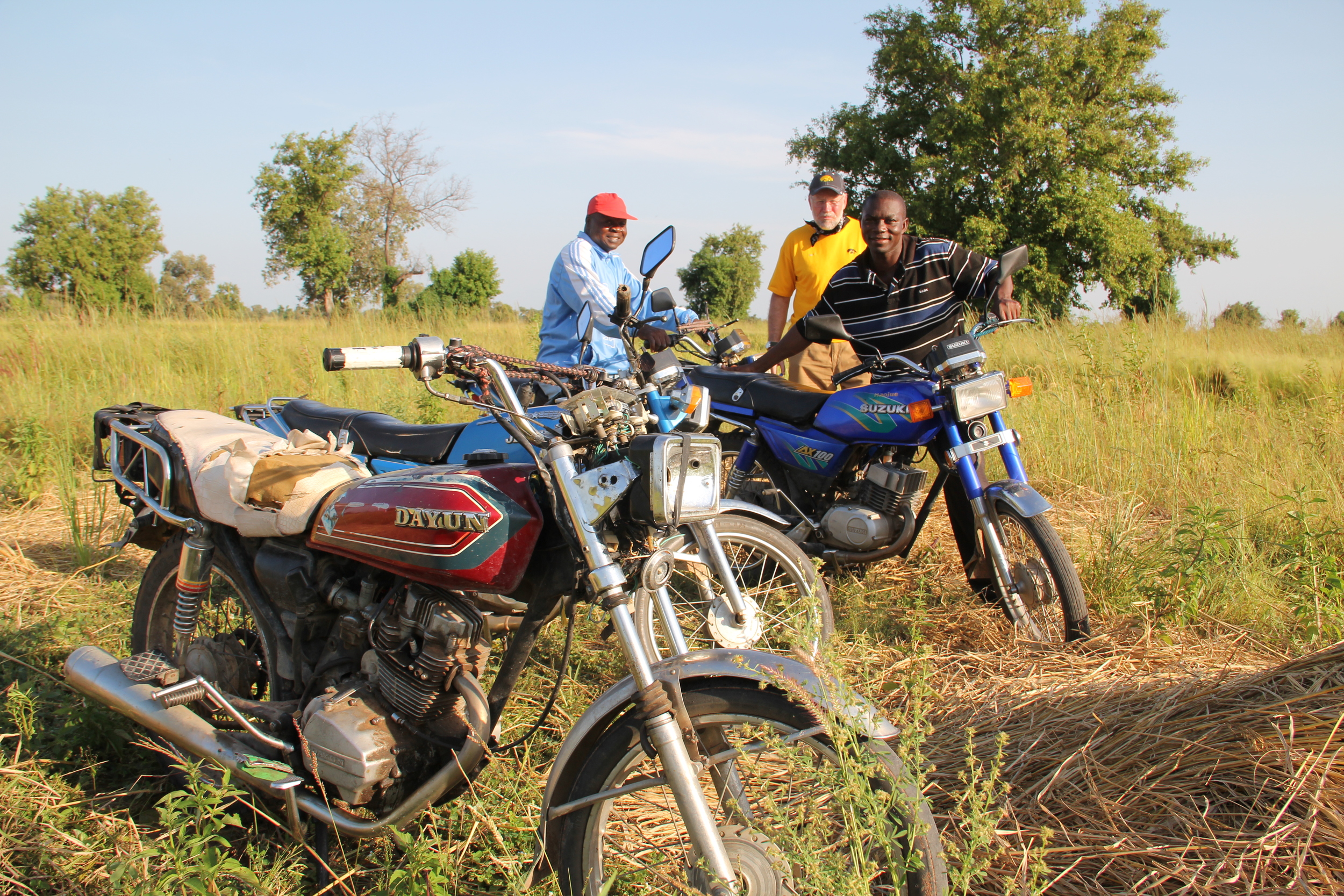
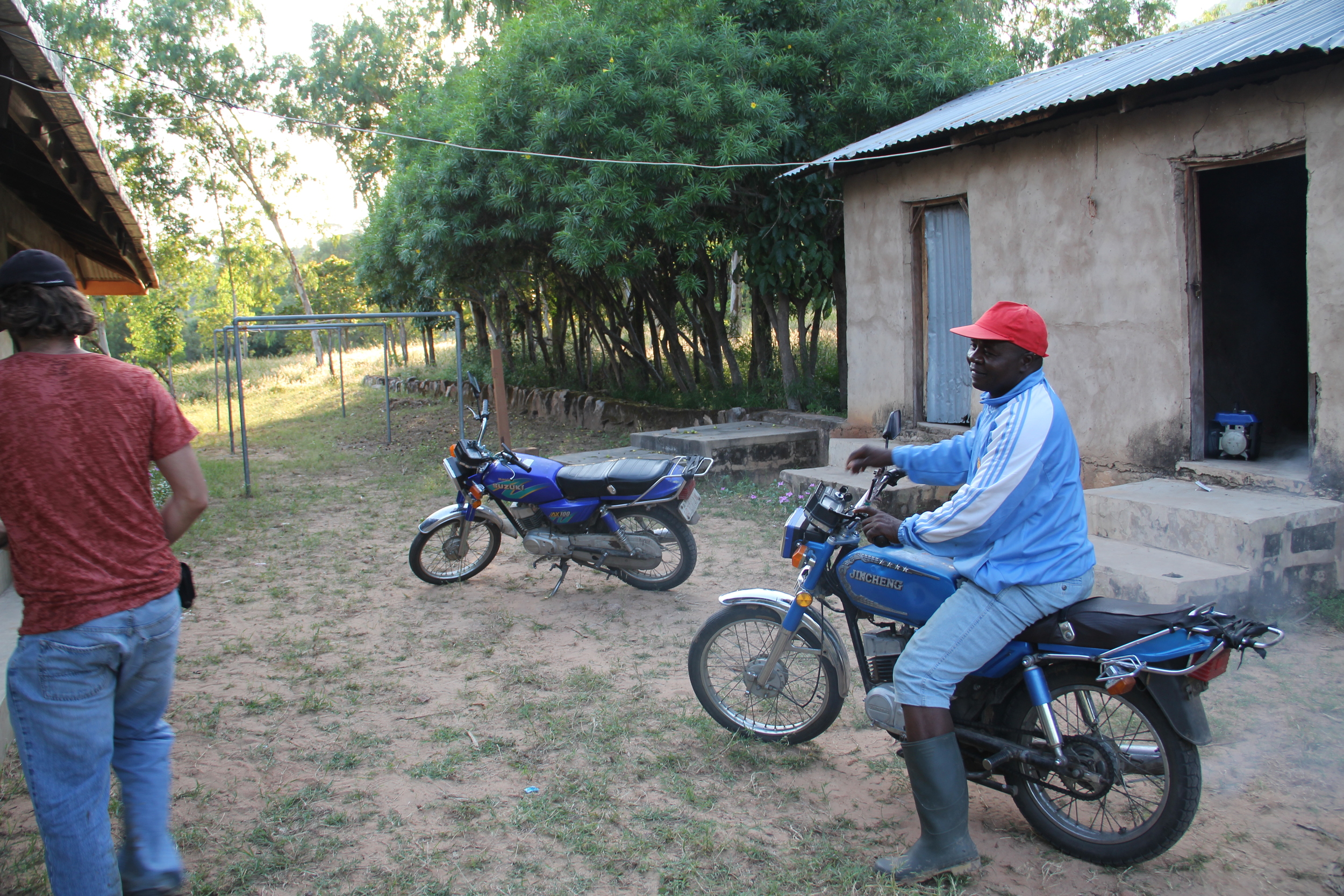
Certainly the biggest challenge faced by Banyam Theological Seminary is economic. BTS exists in a nation where much of the population lives in poverty. Materially poor parishoners make for a materially poor church. As the greater Nigerian United Methodist Church lacks the ability to fully fund BTS, BTS then relies very heavily on student tuition and fees. But, BTS's students also tend to be from very modest economic backgrounds and their ability to pay is limited. Lack of funding makes it very difficult to procure academic resources, maintain campus infrastructure and pay staff salaries.
With more reliable funding, BTS could solve it's electrical and water situations. Power on-campus is a part-time affair. The campus generator is very old and incapable of powering the entire campus. The power distribution system is incomplete, and not every building is wired with fixtures and outlets. A major overhaul is in order.
The water situation is better than the electrical. With past assistance from the Iowa Nigeria Project, BTS has a number of wells. The wells closest to campus are tapped by hand pumps. They work well in the wet season. The deeper wells that are more reliable in the dry season are located about a half-mile from campus. Water storage tanks are in-place at BTS, but a pumping system is needed to move water from wells to tanks.
One more challenge faces by BTS is its isolation. Roads are unpaved and impassible in the wet season. In the dry season, the roads are deep, sandy paths passable on motorbike, 4-wheel-drive truck or on foot. Next to lack of funding, the poor transportation infrastructure makes BTS life very difficult. It is difficult to get to campus with any more than a person can carry. It is difficult to get to market each week to get food - most students walk miles. And, in medical emergencies, ill and injured patients often have to endure an excruciating motor bike ride to get care.